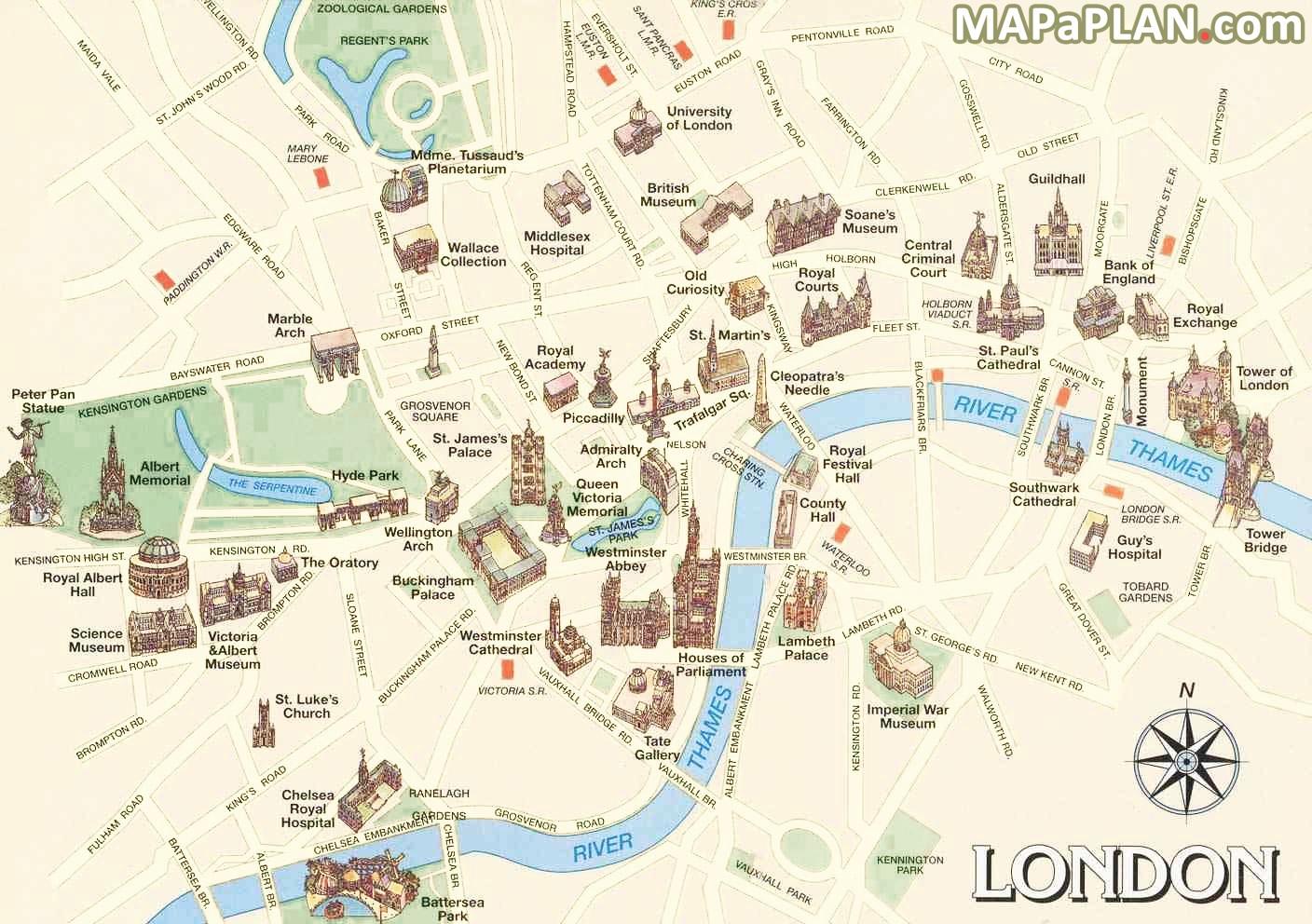City of London
Introduction
The City of London is a city and ceremonial county within London. It constituted most of London from its settlement by the Romans in the 1st century AD to the Middle Ages, but the conurbation has since grown far beyond the City's borders. The City is now only a tiny part of the metropolis of London, though it remains a notable part of central London. It is one of two districts of London to hold city status, the other being the adjacent City of Westminster.
It is widely referred to simply as the City (often written as just "City" and differentiated from the phrase "the city of London" by capitalizing "City") and is also colloquially known as the Square Mile, as it is 1.12 sq mi (2.90 km2), in area. Both of these terms are also often used as metonymy for the United Kingdom's trading and financial services industries, which continue a notable history of being largely based in the City.
The name "London" is now ordinarily used for a far wider area than just the City. "London" usually denotes the Greater London administrative area (which covers the whole of the London region of England), comprising 32 boroughs (including the City of Westminster), in addition to the City of London itself. This wider usage of "London" is documented as far back as the 16th century.
The local authority for the City, namely the City of London Corporation, is unique in the UK and has some unusual responsibilities for a local council, such as being the police authority. It is also unusual in having responsibilities and ownerships beyond its boundaries. The Corporation is headed by the Lord Mayor of the City of London, an office separate from (and much older than) the Mayor of London. The current Lord Mayor is Fiona Woolf.
The City is a major business and financial center. Throughout the 19th century, the City was perhaps the world's primary business center, and it continues to be a major meeting point for businesses. London came top in the Worldwide Centers of Commerce Index, published in 2008. The insurance industry is focused around the eastern side of the City. A secondary financial district exists outside of the City, at Canary Wharf, 2.5 miles (4.0 km) to the east.
The City has a resident population of about 7,000 (2011) but over 300,000 people commute to and work there, mainly in the financial services sector. The legal profession forms a major component of the northern and western sides of the City, especially in the Temple and Chancery Lane areas where the Inns of Court are located, of which two—Inner Temple and Middle Temple—fall within the City of London boundary.
Appearance
City Device
Climate
Economy
Geography -- The 25 Wards of the City of London
Queenhithe
Introduction: Queenhithe, a small and ancient Ward of the City of London, is situated by the River Thames and to the south of St. Paul's Cathedral. The Millennium Footbridge notably crosses into the City at Queenhithe.
Queenhithe is also the name of the anciently disused dock and a minor street, which runs along that dock, both of which remain within the Ward.
The Ward is served by London Buses route 388, which runs along Queen Victoria Street and stops by the Millennium Footbridge, and the nearest London Underground station is Mansion House, on Queen Victoria Street.
History
Population
- -- City (7,375) - 2011 census
Arenas
Attractions
Bars and Clubs
Cemeteries
City Government
Crime
Citizens of the City
Current Events
Fortifications
Galleries
Holy Ground
Hospitals
Hotels & Hostels
Landmarks
Maps
Mass Media
Monuments
Museums
Parks
Private Residences
Restaurants
Ruins
Schools
Shopping
Telecommunications
Theaters
Transportation
Vampires of the City
Websites
http://en.wikipedia.org/wiki/City_of_London
Errata
